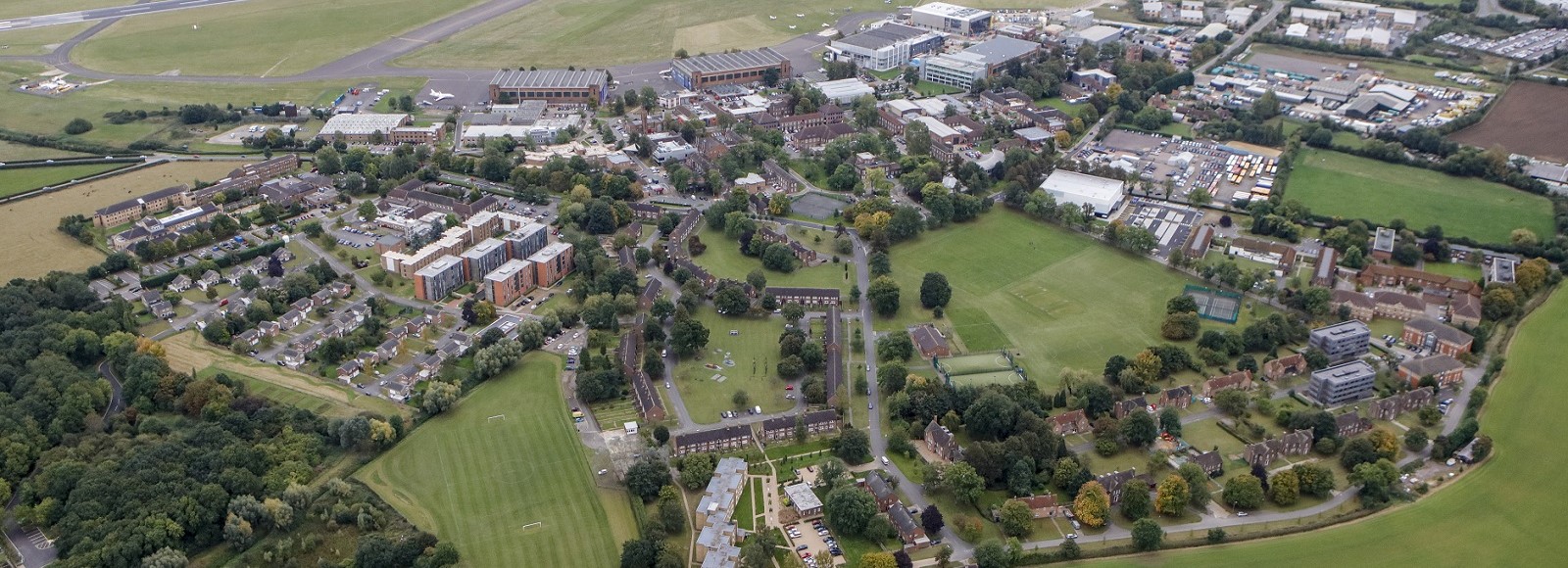- ...
Postgraduate Studentships - Search for funding opportunities.
New and emerging generations of connected aircraft are entering service at pace. Aviation digitalisation spans the aircraft, airline, airport, airspace, MRO, ground operations, lessors and the wider ecosystem. New skills in the Internet of Things, robotics, AI, machine learning, AR/VR, big data analytics, predictive maintenance, blockchain, etc. are sought by the industry. While the digital technology is similar to other industrial sectors, the safety conscious and highly-regulated aviation industry imposes technology adoption hurdles specific to the aerospace regulatory and culture.
A first or second class UK honours degree in engineering, or an equivalent degree in engineering, engineering science, physics, applied mathematics, or other appropriate applied science.
For fees and funding options, please visit website to find out more.

Cranfield is a specialist postgraduate university that is a global leader for education and transformational research in technology and management. We...